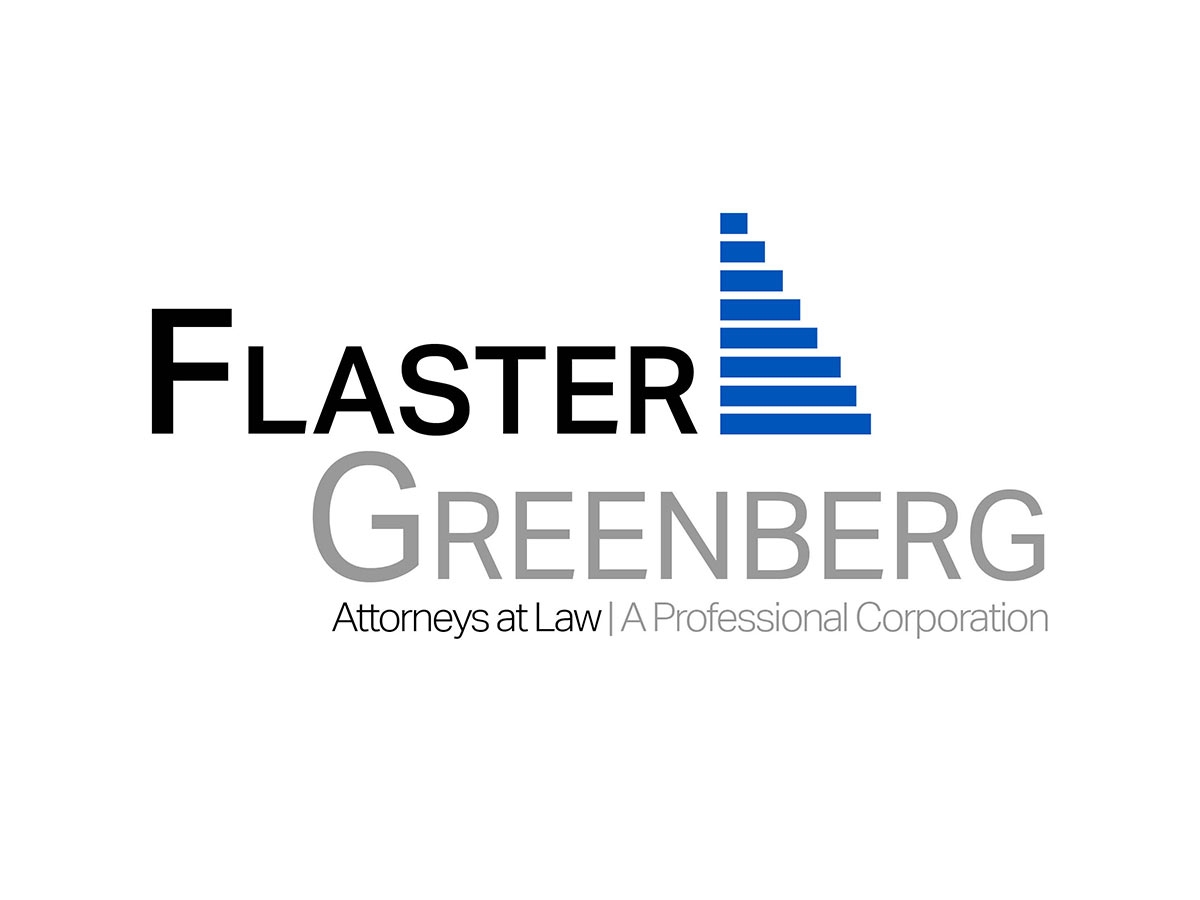Following Russia’s invasion of Ukraine in February 2022, Western countries imposed a series of embargoes on Russian goods and commodities, including natural gas and oil, which many considered impossible or feasible given the realities of international trade and business. For example, 40 percent of Europe’s natural gas imports came from Russia, but with few exceptions, these imports have been halted.
Since then, Russia has tried to circumvent the sanctions using various methods, including shifting its export markets to Asia. This has met with moderate success, as China has taken advantage of the situation to get tough on Russia. (Source). However, Vladimir Putin may have found another way to circumvent the sanctions – by exporting gas-intensive fertilizers through Russia and Belarus instead of exporting gas directly.
Since the invasion of Ukraine, Russian revenues from fertilizer exports have skyrocketed, increasing by 70% in the first few months after the invasion alone (source). This despite many predictions that these export revenues would actually fall due to the sanctions. While American LNG exports met much of European demand after the invasion, Russia has put much of its natural gas into fertilizers, the production of which is very natural gas intensive. In fact, natural gas accounts for 70 to 80% of the operating costs of a typical fertilizer company.
As a result of the mass import of Russian fertilizers into Europe, there is now growing concern that Europe, which has fought so hard not to be dependent on Russia for energy, could become dependent on Russia for an even more important commodity: food. To prevent this from happening, there are growing calls in Europe to limit the import of Russian fertilizers into the European Union.
But this raises other dangers. Elections to the European Union, as well as in the Netherlands, France and other countries, show a marked distrust of edicts from above. Western governments must do a better job of communicating to farmers that the West, and Europe in particular, is under threat from Russian aggression. Not only Ukraine is under threat, but also NATO members, including the Baltic states. Russia converts its vast quantities of cheap natural gas into fertilizer. It finances its war effort through these fertilizer sales. Governments have always been responsible for ensuring security first and foremost. The sanctions on Russian fertilizers, if enacted, will be a national security decision that will increase Europe’s security and prevent Russia from using fertilizer as a weapon against Europe, just as it has used natural gas in the past.
For this to happen, such rules or regulations must not result in a repeat of what happened to the Asian country of Sri Lanka when then-President Gotabaya Rajapaksa abruptly imposed a ban on the import of agrochemicals in 2021, with the aim of providing toxin-free diets to all citizens by promoting organic farming. However, the decision proved so disastrous that, coupled with the COVID-19 pandemic, it led to famine, protests and social unrest. By July 2022, President Rajapaksa’s entire cabinet had resigned, leaving the President with no choice but to follow suit. He resigned on July 14, 2022.
Unlike Sri Lanka, Europe will not try to ban the use of fertilizers, but only prevent them from coming from Russian sources. European fertilizer production will increase, and there will be enough supplies from the US and other sources (Canada, Latin America and Africa) to compensate for the loss of Russian production. Some believe that it will be even easier to give up Russian fertilizers than to free Europe from its Russian energy dependence.
According to Benjamin Lakatos, CEO of the Swiss company MET Group:
“The European fertilizer industry is entering the years of crisis. 70 to 80 percent of the operating costs of a fertilizer company are natural gas. The European fertilizer industry is one of the industries that will face the challenge of gas and energy costs rising relatively quickly compared to others. European politicians need to think about whether they want to create a market structure in the fertilizer market similar to the gas market, where the region is dependent on external sources, or whether they want to try to introduce some kind of regulation that blocks alternative imports or a local minimum wage that keeps the European fertilizer industry alive.”
The bottom line is that the West needs to understand how many products rely on oil and gas. This lack of public understanding gives Russia countless ways to circumvent Western sanctions. The West must be on guard to prevent this. But beyond that, we in the West need to be cautious in moving away from fossil fuels so as not to repeat the disaster in Sri Lanka. Not only would that be irresponsible, it would also not lead to the desired change.

